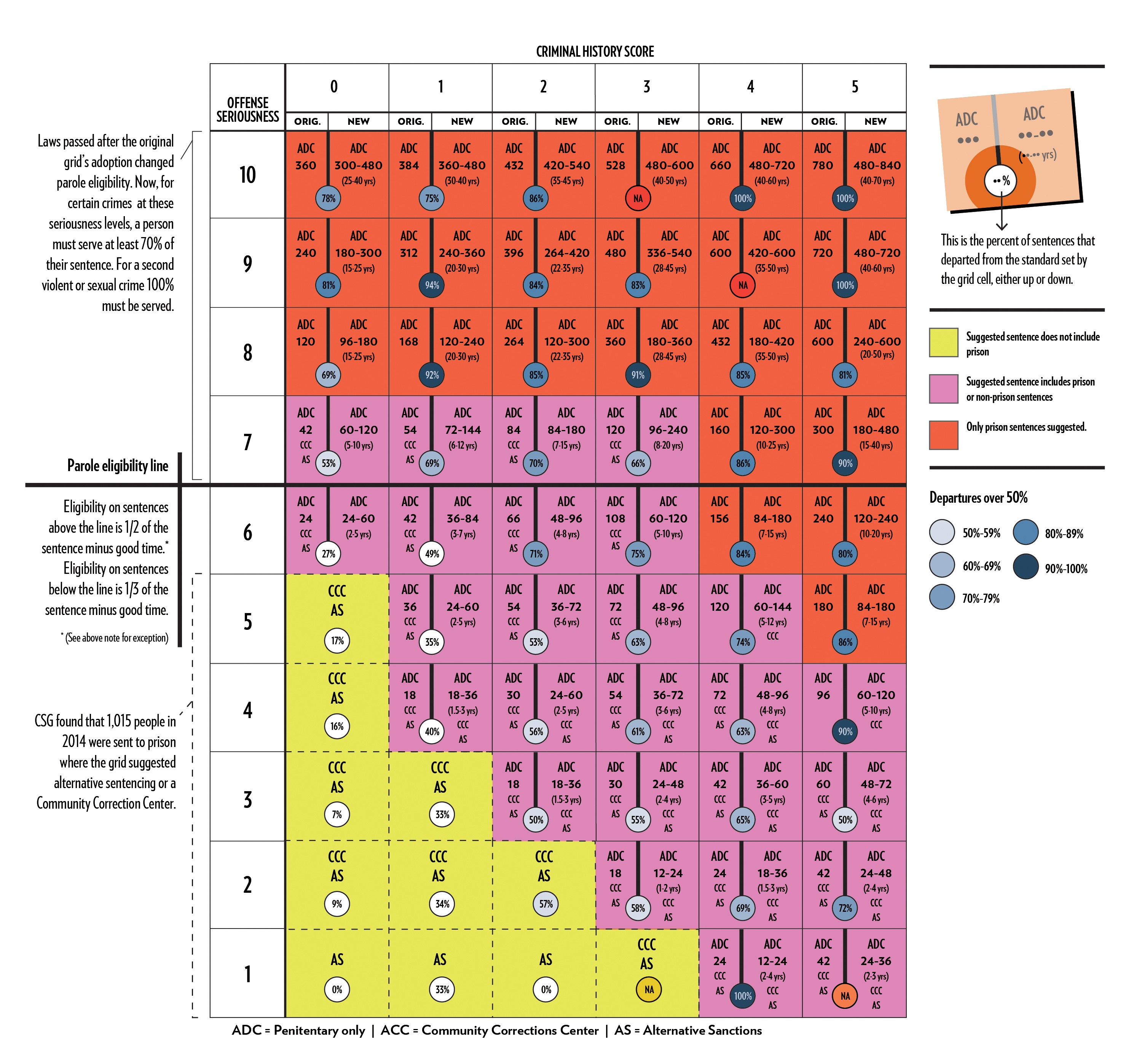France's Juvenile Justice System: A Review Of Proposed Sentencing Changes

Table of Contents
Current State of France's Juvenile Justice System
France's juvenile justice system, primarily governed by the Code de la justice pénale des mineurs (CJPM), aims to balance rehabilitation with punishment for offenders under 18. The system involves various institutions, including specialized courts (tribunaux pour enfants) and educational facilities. However, challenges persist.
- Overview of current sentencing options: Sentences range from warnings and fines to probation, placement in educational facilities (établissements éducatifs), and, in serious cases, detention in youth correctional centers (centres éducatifs fermés).
- Statistics on juvenile crime rates in France: While precise figures fluctuate, France, like many other nations, experiences varying levels of juvenile crime, with certain offenses (e.g., theft, drug-related offenses) more prevalent than others. Official statistics from the Ministère de la Justice provide valuable data on these trends.
- Strengths and weaknesses of the existing system: Strengths include a focus on rehabilitation and individualized treatment plans. Weaknesses include concerns about overcrowding in certain facilities, inconsistencies in sentencing, and a perceived lack of resources dedicated to effective rehabilitation programs.
- Focus on rehabilitation versus punishment: The CJPM emphasizes rehabilitation, but the balance between rehabilitation and punishment remains a subject of ongoing debate, particularly in cases involving serious violent crimes.
- Key challenges faced by the current system: Overcrowding in detention facilities, insufficient funding for rehabilitation programs, and a lack of specialized services for young offenders with mental health issues or substance abuse problems represent major challenges.
- Relevant laws and organizations: The Ministère de la Justice plays a central role, alongside various NGOs and child welfare organizations involved in supporting young offenders and their families.
Proposed Sentencing Changes: A Detailed Analysis
Recent proposals aim to reform France's juvenile justice system, focusing on several key areas. These proposals are often debated within the Assemblée Nationale and the Sénat.
- Specific alterations to sentencing guidelines: Proposals include stricter penalties for serious violent crimes while maintaining a focus on rehabilitation for less serious offenses. This involves clarifying sentencing guidelines and ensuring consistency across different jurisdictions.
- Proposed changes to the types of sentences available: The introduction of more community-based sentences, such as expanded community service programs and restorative justice initiatives, is under consideration. This aims to reduce reliance on detention while promoting accountability.
- Explanations for the proposed changes: The rationale behind the changes often cites concerns about rising crime rates in certain areas, the need for more effective rehabilitation strategies, and a desire to align France's juvenile justice system with best practices in other European countries.
- Consideration of different age groups within the juvenile justice system: Proposals recognize the varying needs of different age groups within the juvenile justice system, with a greater focus on tailored interventions for younger offenders.
- Impact on specific types of offenses: The proposed changes may have varying impacts on different types of offenses. For example, drug-related crimes might see increased emphasis on treatment and rehabilitation, while violent crimes may warrant stricter penalties.
Potential Impacts and Implications of the Proposed Changes
The proposed reforms have far-reaching potential consequences:
- Potential reduction in recidivism rates: Improved rehabilitation programs could potentially lead to lower recidivism rates, a key goal of the proposed changes.
- Impact on prison populations: Increased emphasis on community-based sentences could potentially reduce the number of young people in detention centers.
- Effects on victims and their families: The proposed changes need to carefully consider the needs and rights of victims and their families, ensuring that they are adequately involved in the process.
- Budgetary implications of the changes: Implementing the proposed reforms will require significant financial resources, particularly for expanding community-based programs and improving existing facilities.
- Societal impact: The reforms' impact on public perception of the justice system and their political ramifications are significant factors to consider.
- Comparison with other European juvenile justice systems: The proposals could draw inspiration from and be compared to best practices observed in other European countries with successful juvenile justice systems.
The Role of Rehabilitation and Reintegration
Successful reform hinges on strengthening rehabilitation and reintegration efforts:
- Increased funding for rehabilitation programs: Substantial investment in education, vocational training, and therapeutic services is crucial.
- Improved access to education and vocational training: Providing opportunities for education and skill development significantly improves prospects for successful reintegration into society.
- Enhanced support for young offenders after release: Post-release support, including mentoring and access to social services, is essential to prevent recidivism.
- The importance of community involvement: Community-based programs and the involvement of local organizations are critical for successful rehabilitation and reintegration.
Public Opinion and Political Debate Surrounding the Reforms
The proposed changes have generated significant public and political debate:
- Arguments for and against the reforms: Supporters emphasize the need for more effective rehabilitation, while critics raise concerns about leniency towards serious offenders.
- Public perception of juvenile justice in France: Public opinion on juvenile justice is often influenced by media coverage of high-profile cases and prevailing societal attitudes towards crime and punishment.
- Political party stances on the issue: Different political parties hold varying positions on the proposed reforms, reflecting broader ideological differences.
- Role of media in shaping public opinion: The media plays a crucial role in shaping public opinion through its coverage of the debate and the presentation of different perspectives.
- Potential for future legal challenges: The proposed changes may face legal challenges if deemed to violate existing laws or fundamental rights.
Conclusion
This review of the proposed changes to France's juvenile justice system highlights the complex interplay between the need for effective crime prevention, rehabilitation, and the rights of young offenders. The success of these proposed sentencing changes hinges on their practical implementation and continued evaluation. Further research is needed to fully assess their long-term impact. Understanding the nuances of France's Juvenile Justice System and the ongoing debate surrounding these proposed changes is crucial for informed discussion and policy-making. We encourage readers to stay informed about further developments in France's Juvenile Justice System.

Featured Posts
-
 Lyudi Lyubyat Schekotat Nervy Trillery I Refleksiya V Rabotakh Fedora Lavrova
May 25, 2025
Lyudi Lyubyat Schekotat Nervy Trillery I Refleksiya V Rabotakh Fedora Lavrova
May 25, 2025 -
 Avrupa Borsalari Buguenkue Kapanis Ve Piyasa Degerlendirmesi
May 25, 2025
Avrupa Borsalari Buguenkue Kapanis Ve Piyasa Degerlendirmesi
May 25, 2025 -
 Kyle Walkers Partying The Full Story Behind Annie Kilners Return Home
May 25, 2025
Kyle Walkers Partying The Full Story Behind Annie Kilners Return Home
May 25, 2025 -
 The Kyle Walker Situation An Explanation Of The Events Surrounding Annie Kilner
May 25, 2025
The Kyle Walker Situation An Explanation Of The Events Surrounding Annie Kilner
May 25, 2025 -
 Experience The Ferrari Challenge Racing Days Dominate South Florida
May 25, 2025
Experience The Ferrari Challenge Racing Days Dominate South Florida
May 25, 2025
